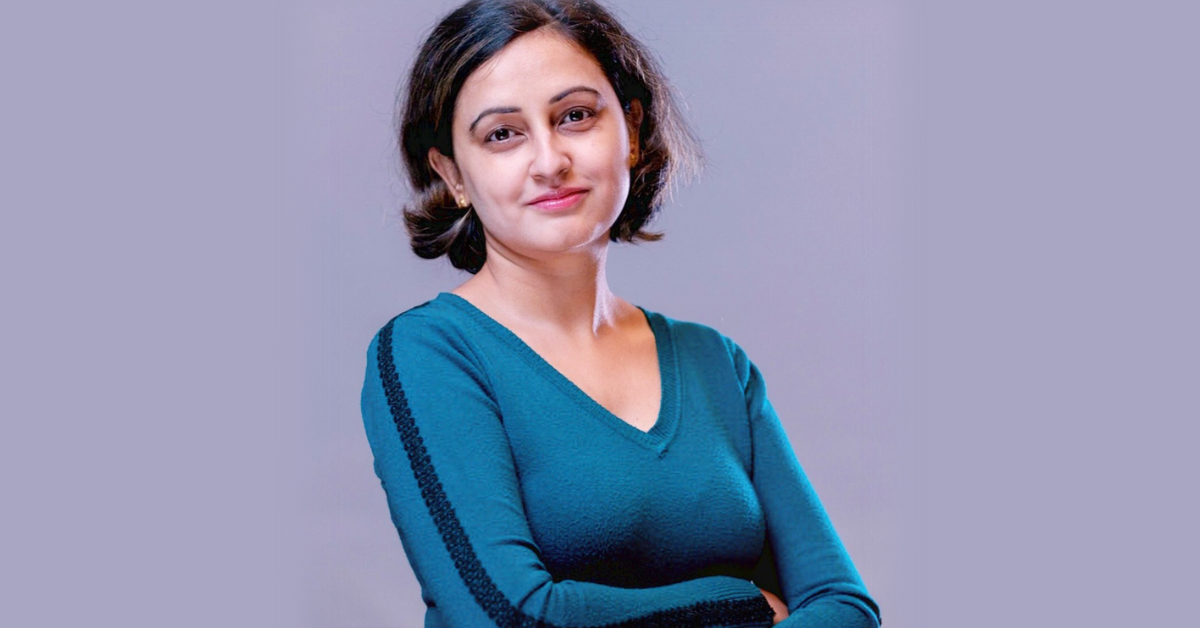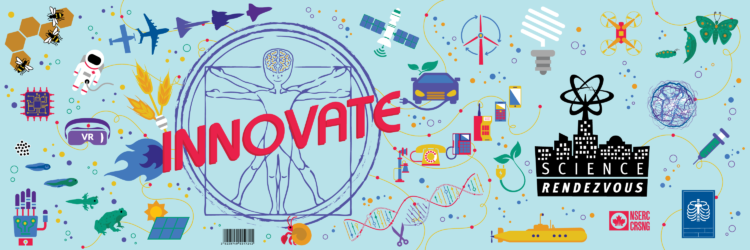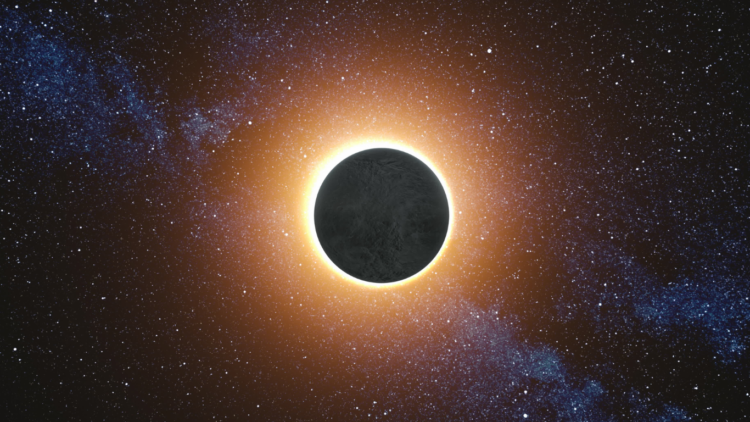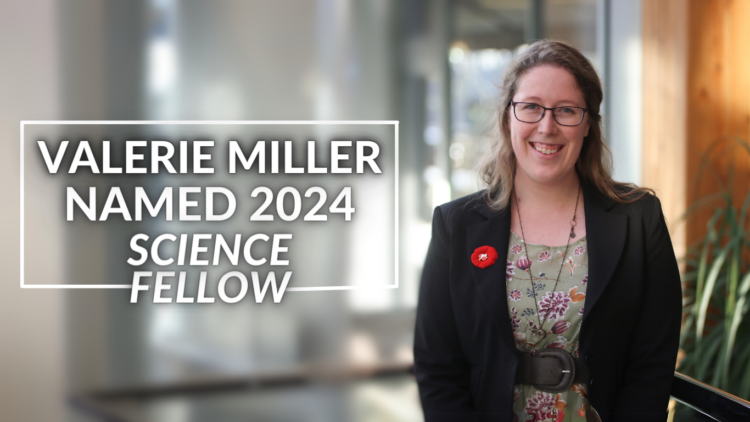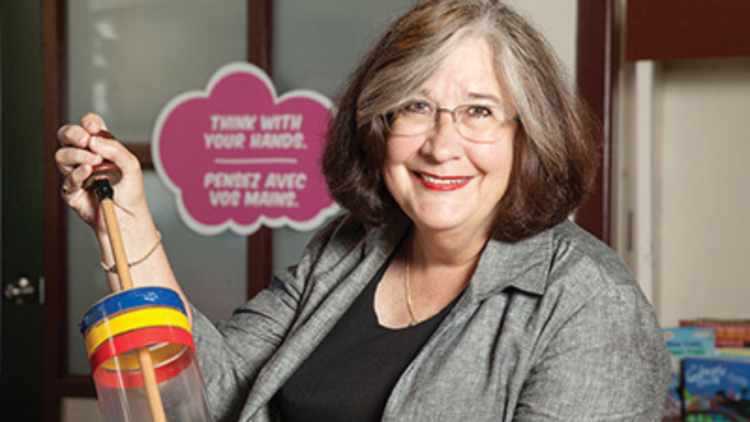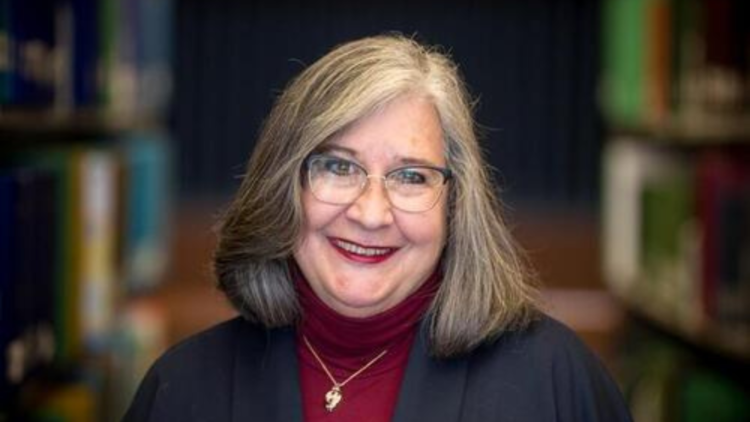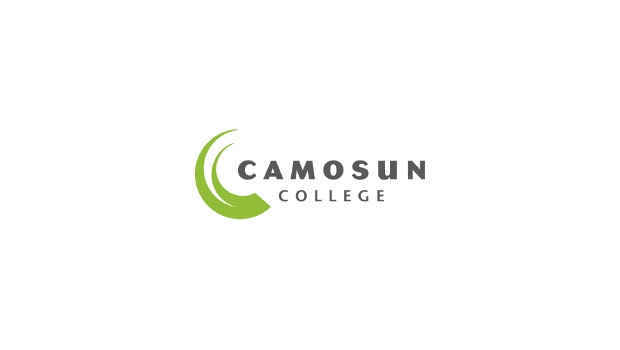“When I was a kid, I never wanted to be a scientist. For sure, no,” Noeen recalled, laughing. Yet now, Dr. Noeen Malik is a nuclear medicine scientist, business strategist and founder of Scientudio.
It all started with a deal with her grandfather. While deciding on her university major, he called her one day to encourage her to study science. “Your mother has worked very hard and you worked very hard. Just get a degree in science, make her happy and when you’re done, you are free.”
She conceded. And then she began to love science. “You see these Disney stories full of magic, and you’re turning something impossible into possible with a wand. For me, science was that wand.” What started as a deal turned into finishing her PhD.
As a child, you’d find Dr. Malik bringing her cartoon books into the storeroom, sitting on top of luggage with a small lamp and proceeding to draw, colour and paint, even during recess. “Colour is my life, basically,” Dr. Malik beams. As an adult, she had always been known as a scientist. But with the pandemic came a transition.
“It was hard during the pandemic and transition but my friends were my backbone. I could not have survived this limbo period without their support. We need to learn to value people more,” she reflects. “[Things] cannot support you but real people that you have in your life, they can. …Things can come and go. Good people will stay with you in your heart.”
So with her friends supporting her, not only did she become a business strategist, she also became a science illustrator and cartoonist. “I never thought I could do this for an earning,” she said, looking back on the transition. “I always thought of art as for myself.” In addition to illustrating for companies, she designed a cartoon science playing deck, where kids can learn about science with vibrant illustrations. With a PDF version and a print version, Dr. Malik made sure that the cards would be accessible and affordable.
This project also spoke to her love of teaching children, which had inspired her to produce Kids Lab, a show for children 4-11 years old, where they can request scientists they want to meet. With a little bit of training, the children host and moderate the show themselves. The very first episode was all about dinosaurs, featuring paleontologist and geologist Dr. Jim Kirkland, hosted by eighth-grader Julia and third-grader Emilia. The pride Dr. Malik felt for how well the girls did was palpable. You can join their next session in making and learning about ice cream on October 29!
This isn’t the only thing she’s busy with though! She volunteers with various organizations, such as Amnesty International, SOS Children’s Villages, and International Rescue Committee (IRC), the Global Immunization Action Network Team (GIANT, Executive Director of Public Affairs) and Society for Canadian Women in Science & Technology (SCWIST, Director of Communications & Events). Her most recent venture was the SCWIST Science Symposium, 2021, a national competition for women in STEM across 9 Canadian provinces and 38 universities featuring Hon. Dr Hedy Fry as a Chief Guest. She also created a Global Welfare program through Scientudio, which aligns with the United Nations’s Sustainable Development Goals. Now, she’s also transitioning to her next role as a research scientist in California.
Public engagement is evidently very important to Dr. Malik. “If I want to learn about a community or social group, I believe in direct interaction. …I need to eat with them and drink with them and see what they like and dislike. Then you get to learn many things that are not seen.” She stresses the importance of having a flexible mindset and leaving room to be receptive to different points of views and ideas you might encounter. “It should be a productive conversation or discussion, not an argument.”
For aspiring scientists, she encourages students to network as much as possible. “Collaborate with seniors and people around you. Listen to other research ideas一they can can give you better insight or you can learn from them and adapt them.” She explains, “Science is very much collaborative. You cannot do research on your own.” Networking and collaborating not only helps with research projects, but will also help with finding jobs because people will know you and your work.
